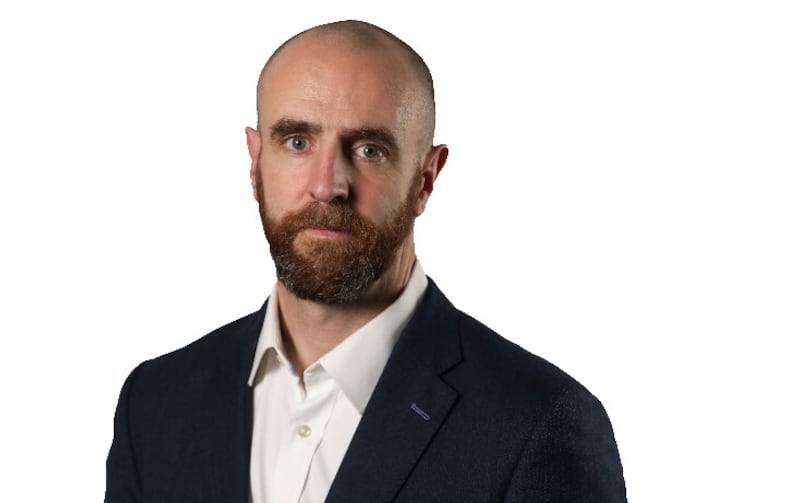The Policing Board has called for an urgent meeting with the PSNI Chief Constable over revelations of police surveillance of journalists.
It comes as the PSNI was urged to “come clean” and tell journalists under surveillance they were being monitored.
The Policing Board leadership is seeking a meeting with Chief Constable Jon Boutcher.
A spokesperson said they wanted to seek “clarification and assurance around whether surveillance powers have been used lawfully, proportionately and appropriately in the past”.
It emerged that police trawled the phone data of “troublemaker” journalists every six months to establish if they were in contact with police sources.
Fresh details about the scandal came to light during a sitting of the Investigatory Powers Tribunal (IPT) in London this week, which is examining allegations that two investigative reporters were subjected to unlawful surveillance.

The IPT examines complaints from people who believe they have been the victim of covert unlawful interference by public authorities.
Former Irish News reporter Barry McCaffrey and Trevor Birney made a complaint to the IPT in 2019 over their arrest the previous year in connection with an acclaimed 2017 documentary about the UVF sectarian murder of six men at the Heights Bar in Loughinisland, Co Down, in June 1994.
It has since emerged that Mr McCaffrey has been placed under surveillance five times over a ten-year period.
Wednesday’s tribunal hearing was told attempts were also made to secure international intelligence on Mr McCaffrey in relation to a trip he and Mr Birney took to France in 2016.
Documents recently disclosed to the tribunal raised concerns, including consideration given to accessing personal data belonging to Mr Birney’s solicitor, Niall Murphy.
It also emerged that RTÉ's Vincent Kearney and Rodney Edwards, the editor of the Impartial Reporter in Co Fermanagh, may also have been snooped on.
After the No Stone Unturned documentary was screened the PSNI asked Durham Constabulary to investigate a Police Ombudsman document which appeared in the film.
Last week Durham Constabulary disclosed 600 pages of new evidence to the IPT including a minute of a 2017 meeting between three officials from the force and two PSNI intelligence officers.
The document, seen by The Irish News, reveals that a PSNI officer referred to a “defensive operation” against journalists that involved cross-referencing of billing information with police phone numbers on a six-monthly basis.
The Durham Constabulary document confirms police ran the names of eight unnamed journalists through their “intelligence system”, returning negative results.
On Thursday Mr McCaffrey said that the PSNI intelligence officers present at the meeting confirmed they had a “database” and that they trawled through journalists’ phone records every six months.

Mr McCaffrey said it is not known how big the PSNI intelligence database is.
SDLP Policing Board member Mark H Durkan said the PSNI must reveal the scale of its surveillance on journalists.
“If the PSNI wants people to see it as open and transparent, then it needs to act in a manner that is open and transparent.”
The PSNI did not directly respond when asked if it holds a database of journalists that is trawled every six months and if the journalists at the centre of the controversy have been told they were being unlawfully surveilled.
Instead, in a statement a spokeswoman said chief constable Jon Boutcher “continues to co-operate with the IPT and Investigatory Powers Commissioner’s Office”.
“As legal proceedings are ongoing it would be inappropriate to comment,” she added.



